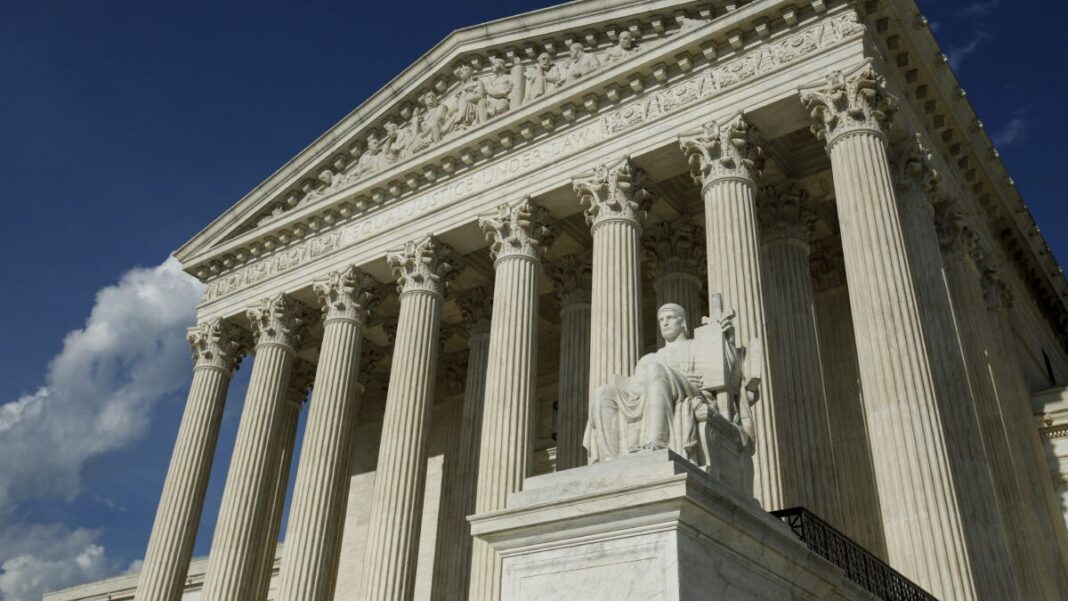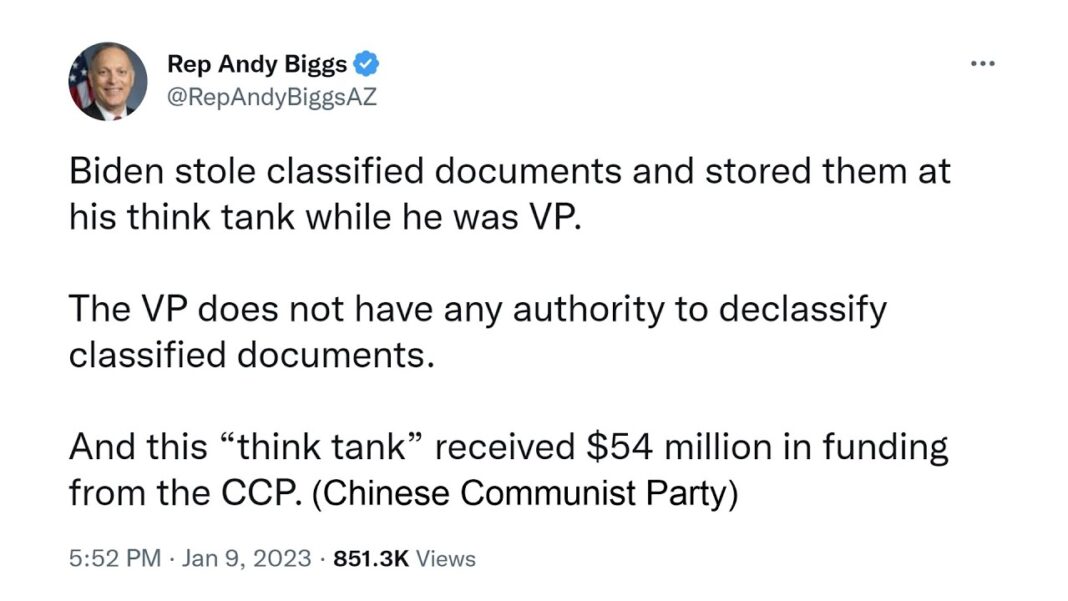The U.S. Supreme Court on Jan. 9 turned down a case that sought to overturn the results of the 2020 election.
Justices decided against hearing arguments in Raland Brunson v. Alma Adams. They didn’t explain their reasoning.
The move came after the case was distributed for justices to consider during their Jan. 6 conference.
Brunson, a Utah man, had asked the court to review the case after an appeals court in October 2022 upheld a lower court order dismissing his case.
Brunson originally filed his case in state court. He argued that federal officials, including all members of Congress, failed to meet their oath of office because they “intentionally refused” to investigate evidence that the 2020 election was fraudulent. The case was later moved to federal court.
Brunson didn’t pick up the phone or return a voicemail seeking comment on the Supreme Court’s rejection. He said in a brief statement on social media that “we will now make our next move,” or a petition for reconsideration.
The U.S. government didn’t respond to a request for comment. Solicitor General Elizabeth Prelogar had opted to file no response to Brunson’s petition with the nation’s top court.
Brunson’s Case
Brunson noted that President Joe Biden’s campaign rallies drew fewer people than former President Donald Trump’s, and said that was “circumstantial evidence” that warranted an investigation into election fraud, but that defendants refused to investigate. He also pointed to how election laws in multiple states were changed before the election, including some changes that were later found to be unconstitutional, and affidavits from poll workers and others attesting to fraud.
The intentional act not to investigate fraud was an act of war and an attack against Brunson’s right to participate “in a honest and fair election,” according to the complaint. It also violated the U.S. Constitution, Brunson said.
He asked the court to remove the defendants from office and to order Trump to be inaugurated as president.
Government lawyers urged the court to dismiss the case, saying the claims were barred by legislative immunity.









